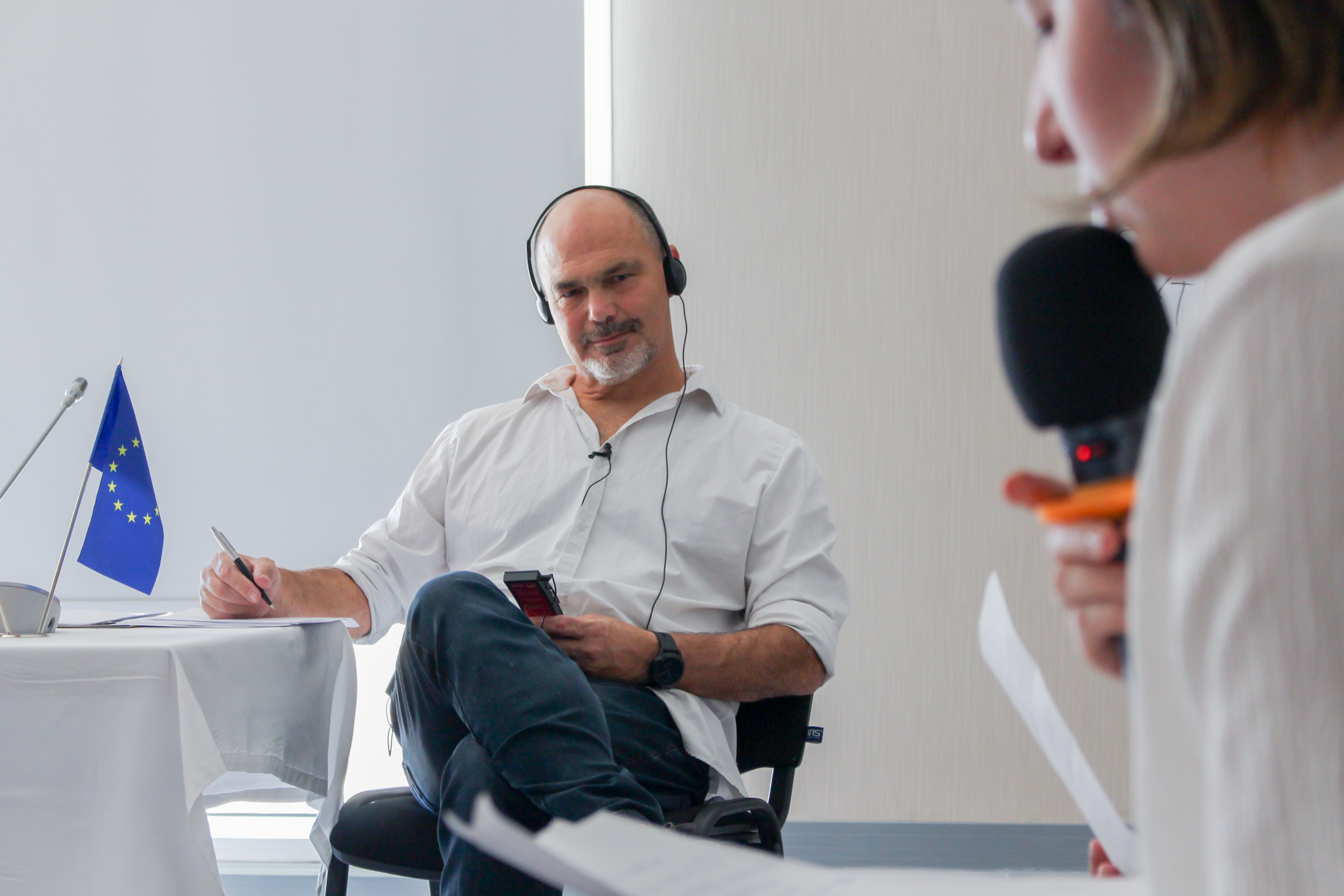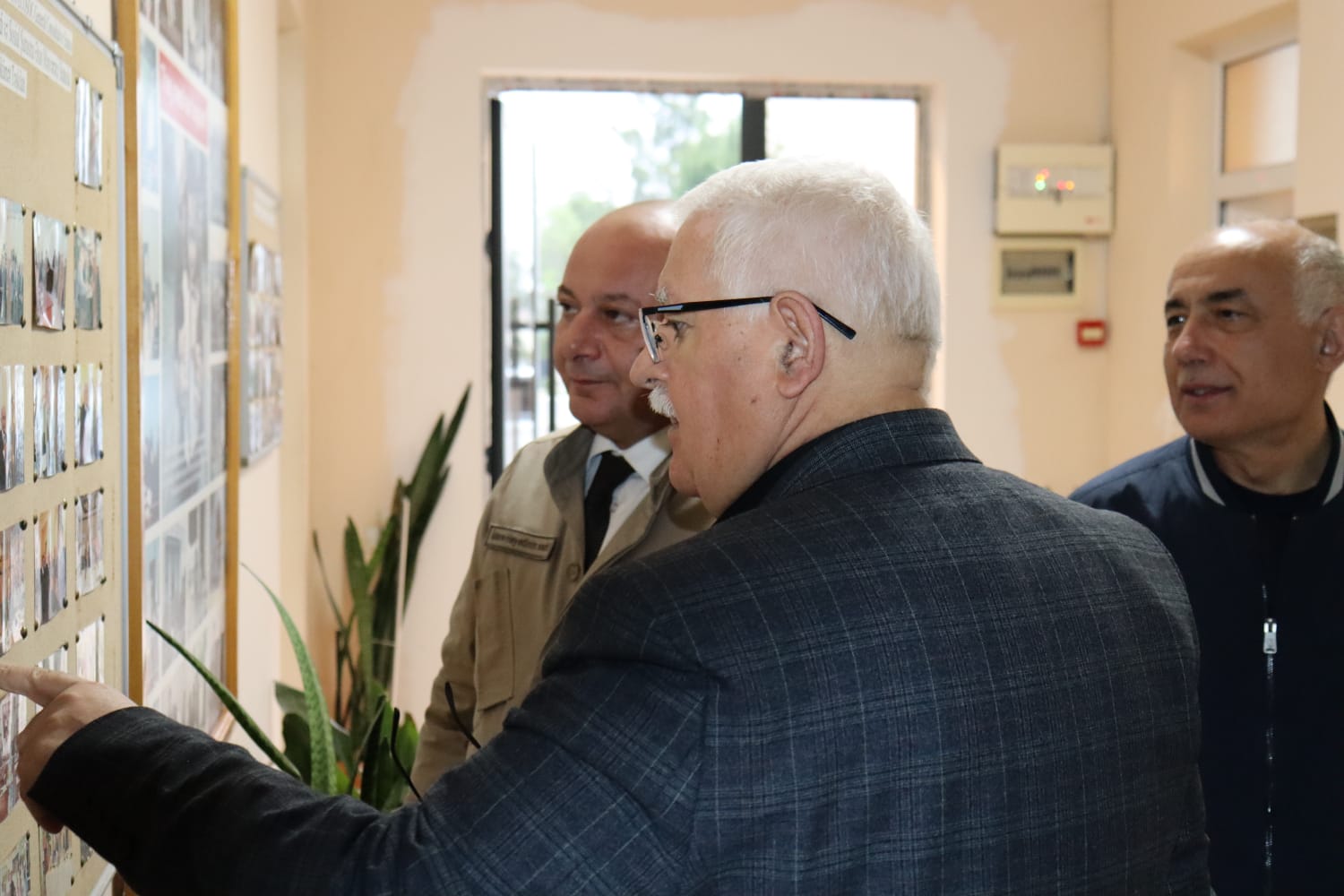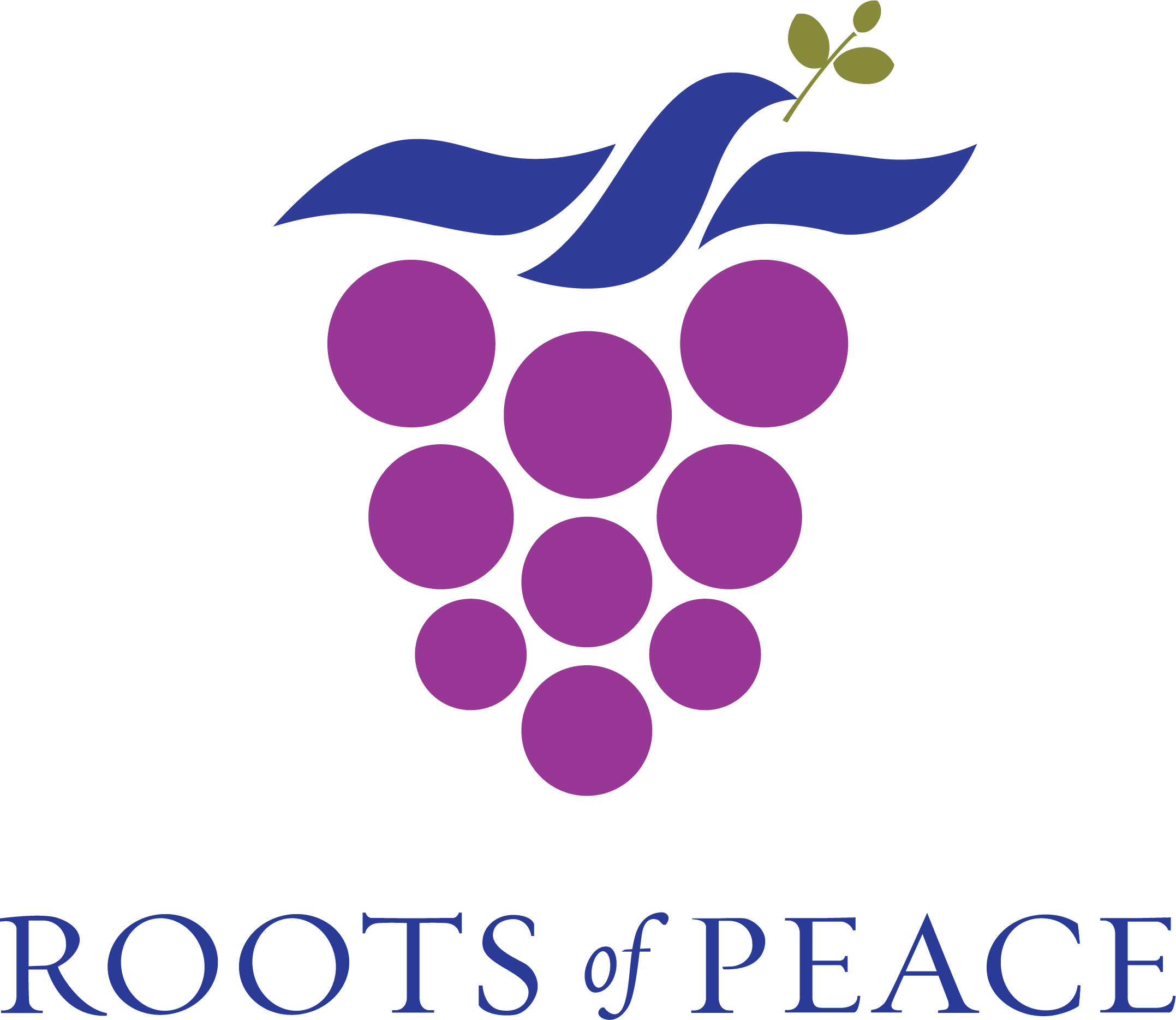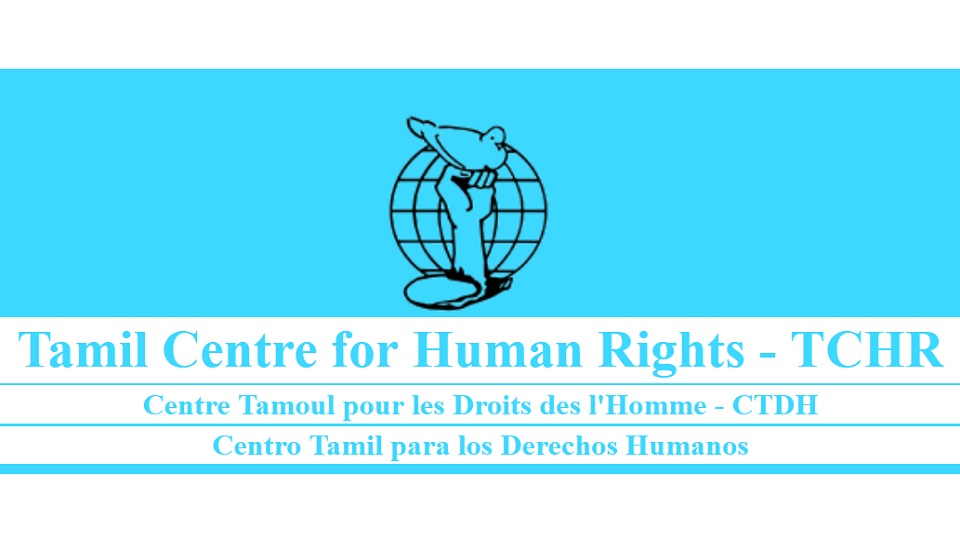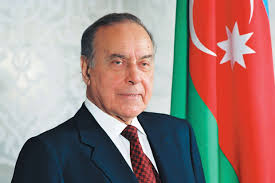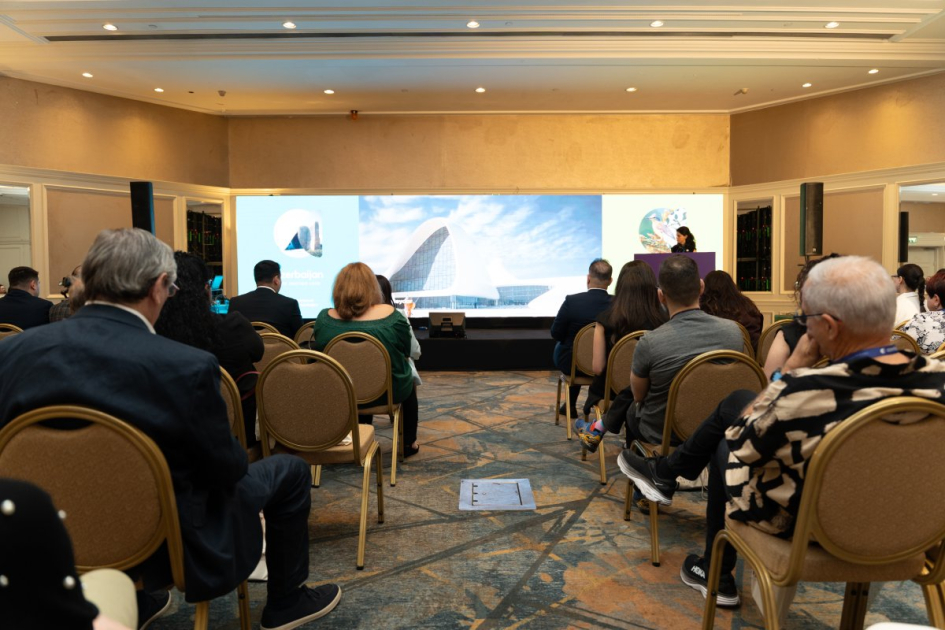Mass media often plays a key role in the conflict. Basically, their role can take two different and opposed forms. Either the media takes an active role in the conflict and has responsibility for increased violence, or stays independent and out of the conflict, thereby contributing to the resolution of conflict and alleviation of violence.
In today's interview, Ednews discussed the roles and behavior of journalists in the conflict with Peter Andrew Du Toit, a conflictologist from South Africa, and a researcher at Rhodes University School of Journalism and Media Studies.
Ednews presents the interview:
- Mr. Peter, what are the key challenges journalists face when reporting on conflicts, and how have they evolved over time?
- I would suggest that there are three main challenges confronting journalists when reporting on conflicts. The first is how we manage our own feelings and emotions. Journalists are people too and it can be difficult not to want to take sides in conflicts that impact our own communities or nations. This does become easier when we recognize that by providing fair coverage, which takes into consideration the concerns of all parties, we can contribute towards the non-violent management and resolution of conflict for everyone.
The second challenge arises when we are unable to communicate with all the various stakeholders in a conflict. Sometimes we cannot approach people on the other side of a national border, we may be prevented from reaching some groups by authorities and we may find some groups do not want to engage with us. In these instances, we need to think creatively about how to reach different sides. We also need to accept that this is sometimes not possible and in these cases, we need to be transparent and to let our audiences know if we cannot include the voices of all parties in a conflict.
A third issue, in highly escalated conflicts, has to do with safety. We have seen reports of how at least eight journalists have been killed in the fighting in Gaza. There is no easy way around this challenge. Ideally, journalists should receive training on how to conduct themselves in conflict zones and they should be provided with the necessary protective equipment.
However, the biggest challenge we face is the influence of social media, which I will discuss later.
- What ethical considerations are crucial for conflict reporting, especially in sensitive or high-risk areas?
- All the typical ethical challenges that confront journalists exist when we report on high-risk areas and conflicts. The difference is that unethical reporting can sometimes cost lives and cause conflicts to escalate.
I think that as journalists we have a duty of care. We need to recognize that our work always has an impact, and we need, as far as possible, to ensure that what we publish or broadcast does not necessarily put people's lives in jeopardy.
- How can journalists maintain objectivity and avoid biases in their reporting when covering conflicts?
- As I noted earlier, it is critical for journalists to recognize that they can only contribute effectively to building peace during conflicts by ensuring that all parties with a stake in the conflict are properly and fairly represented. Parties must be treated fairly and given equitable amounts of time or space. If we recognize that by treating all parties fairly, we can contribute to peace this provides a powerful motivation to practice good journalism. It is possible that journalists may be criticized for not siding exclusively with one party. When this happens journalists and media houses are able to argue that inclusive coverage can help lead to peace.
- Are there specific strategies for verifying information and sources in conflict reporting?
- The strategies that you would use in conflict reporting are the same as those a journalist would use in other reporting scenarios, but these can be more critical because the stakes are higher. Journalists can contribute towards provoking conflict if they fail to get their facts right. What is essential is that we do fact-check everything. We cannot afford to assume that photographs and video clips sent to us or found on social media, or that witnesses' descriptions are honest and accurate. There are many techniques journalists can learn to use when fact-checking information and they should seek our training in these areas.
- What impact can conflict reporting have on the public's perception of a conflict and its resolution?
- Conflict-sensitive reporting has the potential to enable parties in a conflict to enhance their understanding of the things that are worrying other parties in a conflict and in so doing promote understanding. This can happen at the level of leaders, but it can also happen people people from grassroots communities.
- How has social media changed the landscape of conflict reporting, and what are the advantages and pitfalls?
- The characteristics of social media that make these channels useful in helping people to find solutions to conflicts are also the things that allow them to contribute towards escalating conflict. People can reach huge audiences very quickly and it can be very easy for people wanting to provoke conflict to use these channels to spread false information and lies. Professional journalists need to try to counter these fake news stories, but there are often so many of these that we can dispel all of them. What we can do is educate audiences about the danger of false narratives and encourage them to be more skeptical when they engage with social media.
- How can journalists strike a balance between providing accurate and timely information while ensuring their own well-being in dangerous environments?
- Many journalists, especially photographers, and videographers want to get close to the action but this can put them in extremely dangerous situations. The old expression that “dead journalists cannot write” remains relevant. We need to learn how to assess the situations we are going into and to continually monitor how situations are changing around us. Things can change very quickly. Journalists will always have to make judgment calls, but my sense is that it is better to withdraw from dangerous areas too early than too late.
Ulviyya Shahin

